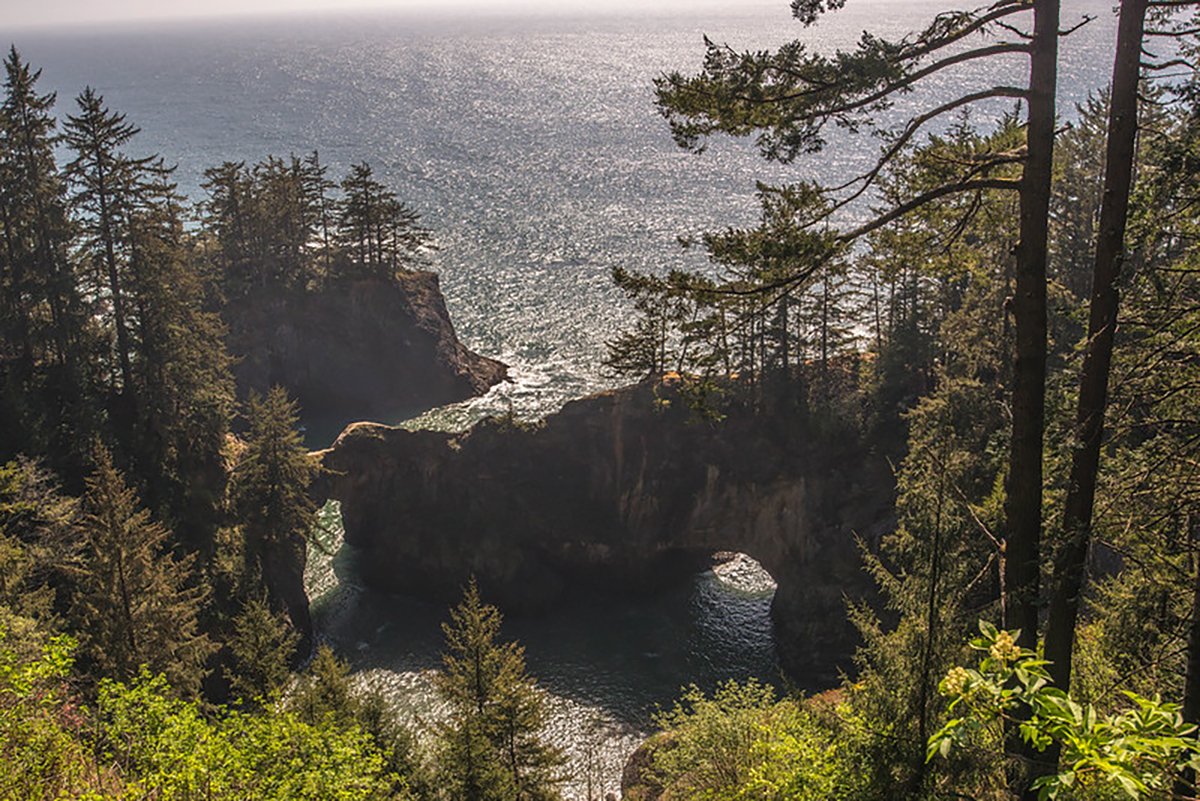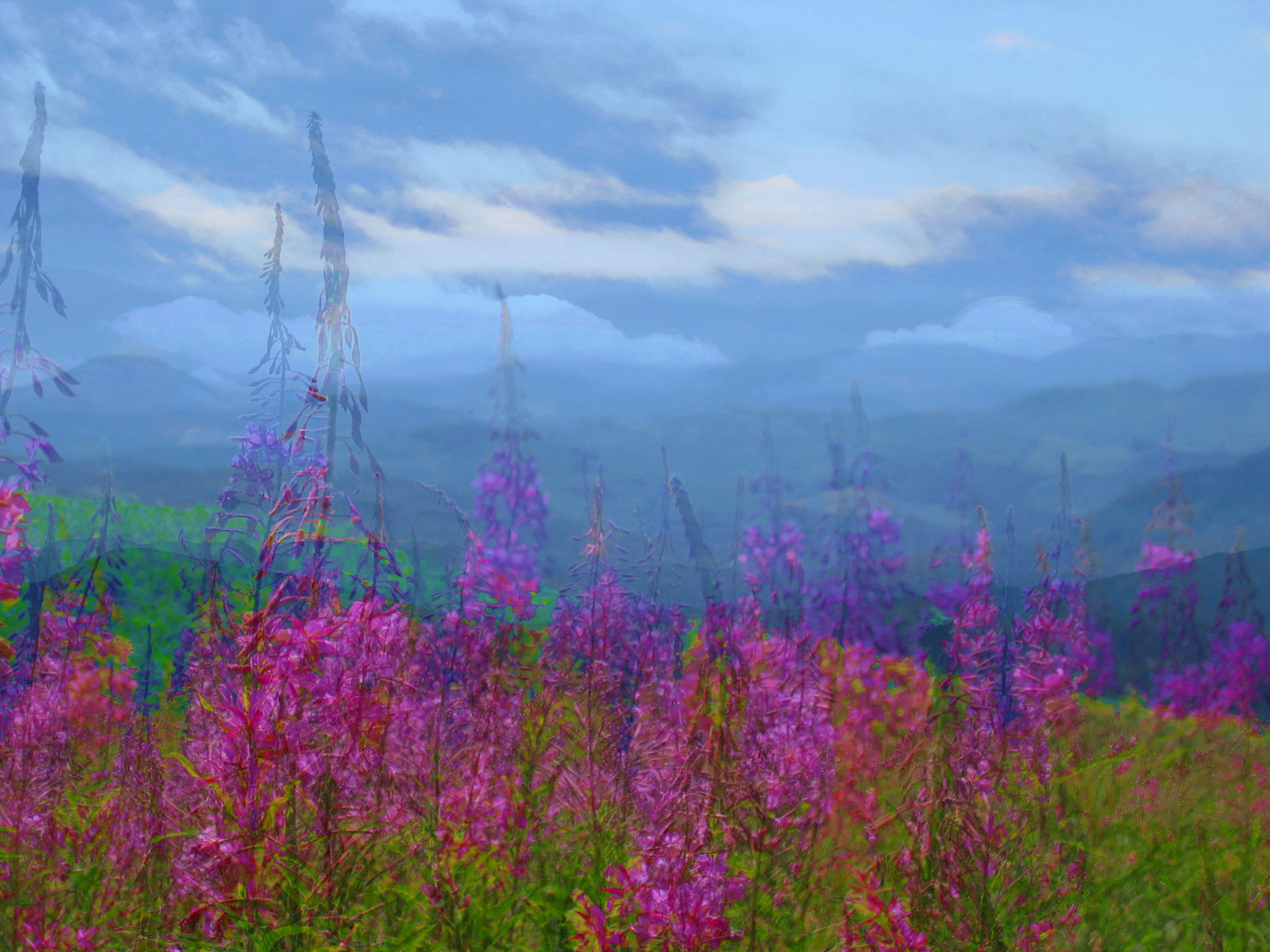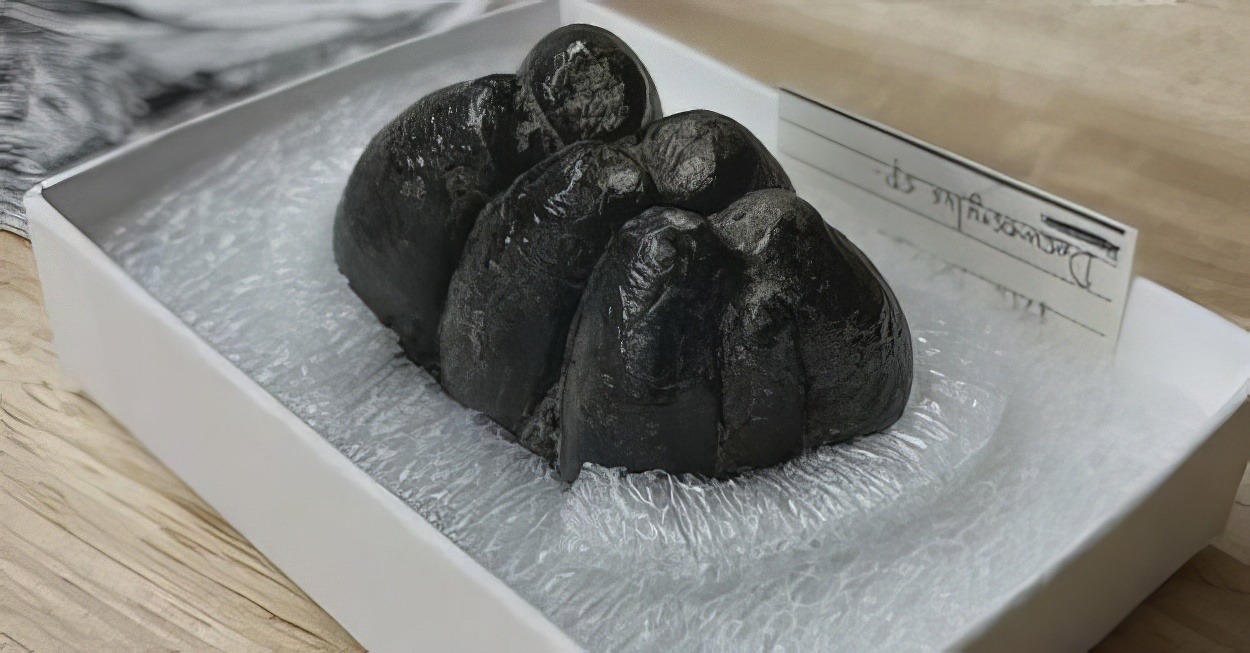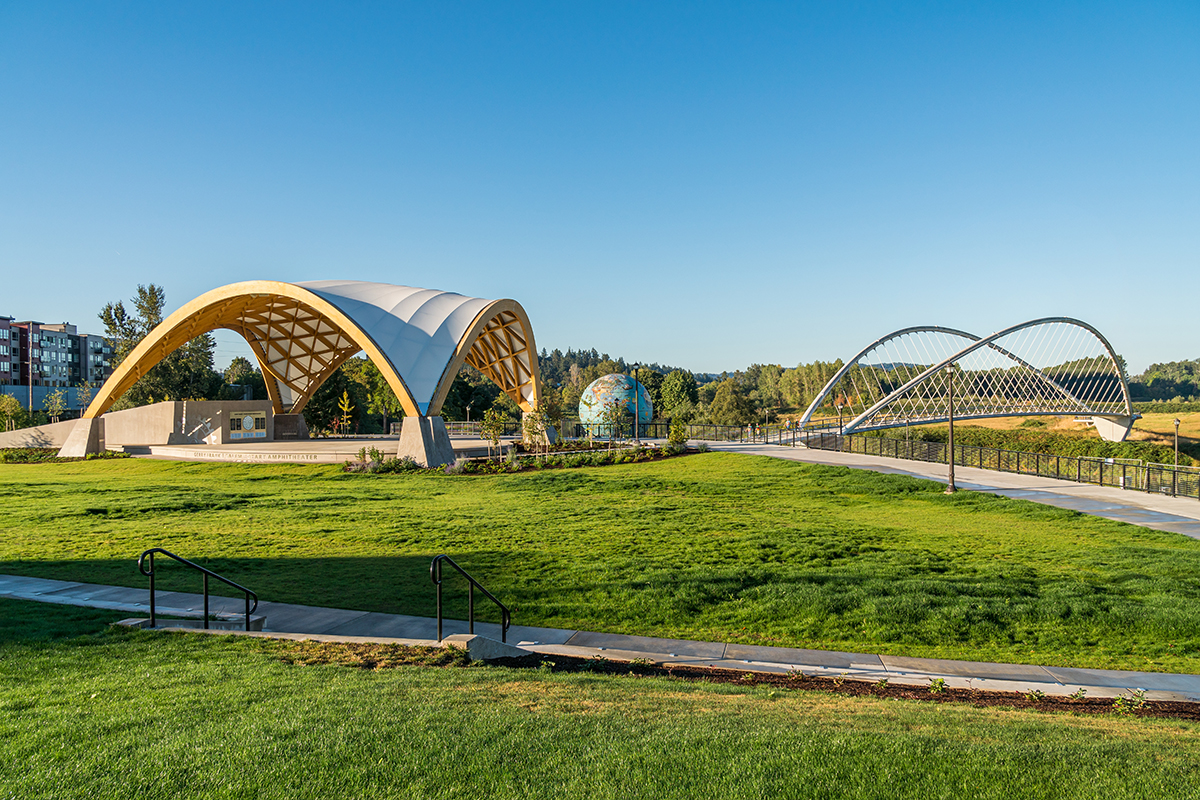In the city of Portland, Oregon, a heartwarming event unfolded at the Oregon Zoo on the 4th of March, marking the arrival of a diminutive Humboldt penguin chick. This new member of the zoo family was so small at birth that it could easily nestle into the palm of a hand.
Marcus Jason, the dedicated guardian of the zoo's penguin sanctuary, shared his excitement about the chick's emergence, noting the first appearance of its tiny beak from the eggshell. This successful hatching, as detailed in a zoo press release, highlighted the commendable parenting skills of the chick's caregivers, who meticulously nurtured it in their carefully prepared nest. The hatching process, which began with the chick "pipping" or breaking through the egg's inner membrane on March 2nd, came to completion in the early hours of March 4th. Typically, Humboldt penguin parents take turns warming the egg for about 40 days until the moment arrives for the chick to hatch.
The Oregon Zoo's journey with Humboldt penguins began in the 1980s, a testament to its longstanding commitment to the conservation and study of these remarkable birds. The recent hatchling is the 194th Humboldt penguin to be born at the zoo, a significant milestone that reflects the zoo's successful breeding program. Currently, the zoo is home to 20 Humboldt penguins, with the anticipation of more as two additional eggs are in the incubation stage.
Delving into the history, the Oregon Zoo has been a beacon of wildlife conservation and education since its inception in 1888, making it the oldest North American zoo west of the Mississippi River. Over the years, it has evolved from a small menagerie into a respected institution, playing a crucial role in various conservation efforts, including the preservation of endangered species like the Humboldt penguin. This species, native to the coastal regions of Peru and Chile, faces threats from over-fishing and habitat loss, making the zoo's breeding program an essential component of global conservation strategies.
The birth of each Humboldt penguin at the zoo is more than just an addition to the population; it represents hope for the future of this endangered species and underscores the importance of conservation efforts worldwide.













